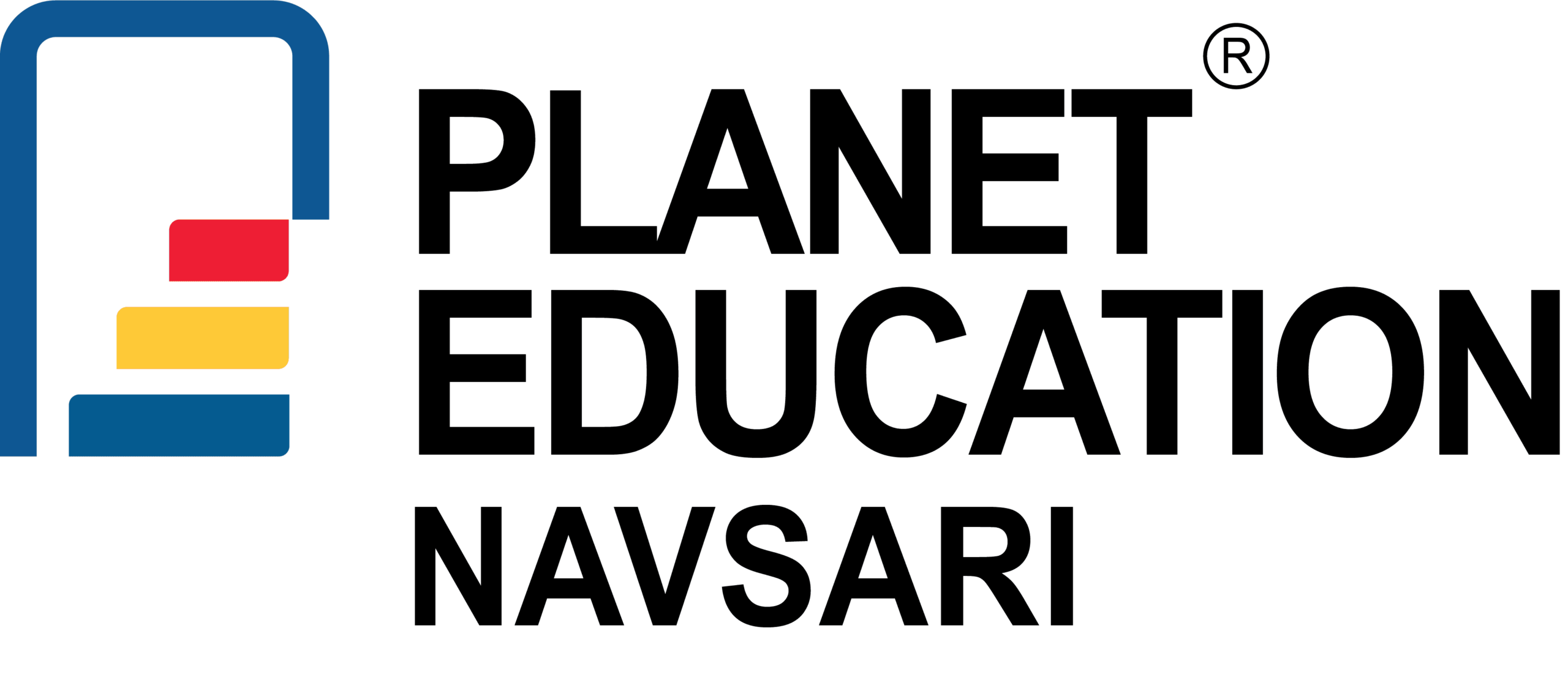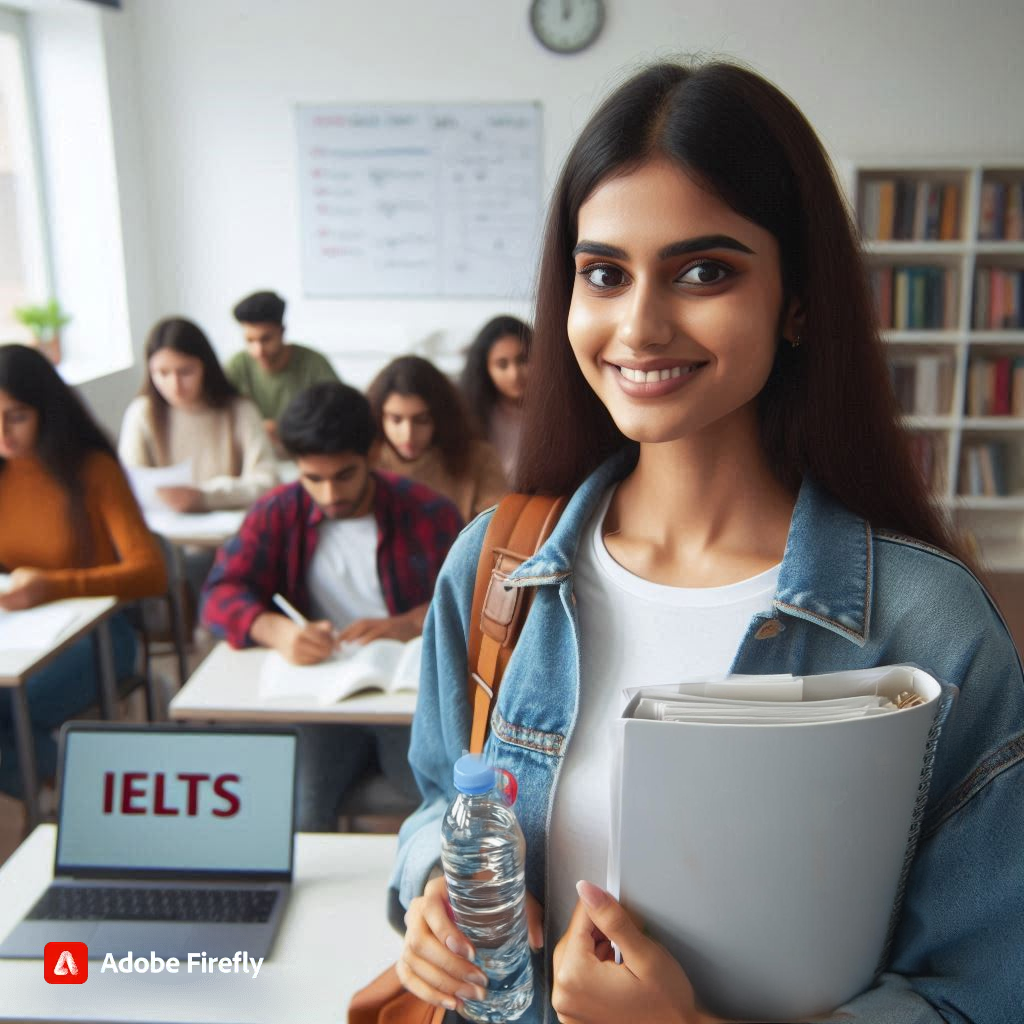Menu Coaching IELTS PTE Duolingo Fast Track TOEFL Spoken English Counselling Study Abroad Exam Preparation Visa Work Visa International Job Countries Australia Canada USA The UK New Zealand Scholarship More Study Tips Financial Assistant Resume Writing SOP Aryan Lathiya Author Updated on February 29, 2024 What is F1 visa and what are F1 Visa Requirements? Over 1 million international students are currently studying in the USA. To study in the country, you need a student visa from the government, also known as the F1 visa. In this blog post, we will share with you a detailed overview about the F1 Visa, its requirements, process flow and expert tips that you can help you study in USA. This visa is typically granted to students once they have secured admission to US educational institutions such as colleges, universities or schools. It is worth noting that the F1 visa is not the only visa type available to students in the USA. Depending on the type of course you have chosen, you may be eligible for either the F1 or M1 visa. Comparatively speaking, F1 visa holders have more flexibility in extending their stay beyond the duration of their program. They can do this by engaging in optional practical training extensions or pursuing further academic studies. How is an F1 visa different from an M1 visa? F1 vs. M1 Visa: Choosing the Right Student Visa for You F1 and M1 are both student visas. However, the eligibility criteria differs. If you are moving to the USA for an academic or language training course, which is usually the case, you’ll need to get an F1 visa. On the other hand, an M1 visa is opted by students who are pursuing a vocational course or non-degree program focusing on practical skills and training, such as automotive repair, cosmetology, or culinary arts. M1 visa holders are typically granted a fixed period of stay based on the length of their program, with limited opportunities for off-campus employment. Conversely, F1 visa holders may be eligible for optional practical training (OPT) and curricular practical training (CPT), which allow them to gain work experience related to their field of study while enrolled in an academic program. How to Get an F1 visa? Eligibility and Requirements for an F1 Visa Getting an F1 visa is mandatory for students who want to study in the USA. To be eligible for an F1 visa, you must fulfil certain requirements. Firstly, you need to be accepted by a school in the USA that has been approved by the Student and Exchange Visitor Program (SEVP). Secondly, you need to demonstrate proficiency in the English language. You can do this by scoring well in exams like IELTS, PTE, TOEFL etc. Alternatively, you can enrol in an English language program to show that you can effectively communicate in English, which is the primary language of instruction in most American schools. Lastly, you need to provide evidence that you have sufficient financial resources to cover tuition fees, living expenses, and other costs during your stay in the USA. This is to ensure that you can support yourself financially without relying on public funds. The financial resources you show must be enough to cover your expenses for the entire duration of your stay, which is typically the length of your program of study. It is generally useful to seek help from a study abroad expert for the visa processes as it increases the chances of success. At Planet Education Navsari, we have a proven track record of having helped over 25000 students achieve their study abroad dream. Documents Required for F1 Visa Application Documents Needed for Your F1 Visa Application When applying for an F1 student visa to study in the United States, the following documents are commonly required: Passport Form I-20 DS-160 confirmation page Visa application fee receipt Academic transcripts and diplomas Financial documents demonstrating ability to cover expenses Other supporting documents as required Some Useful Tips When Applying for an F1 Visa Expert Tips for a Successful F1 Visa Application When applying for an F1 visa, it’s essential to be well-prepared and thorough in your approach. Here are some useful tips to consider: F1 visa process is a little complicated, begin the application process well in advance of your intended start date for your academic program. This allows ample time for completing the required documentation, scheduling interviews, and addressing any unexpected delays. Choose SEVP-approved schools that offer programs aligned with your academic and career goals. Research the schools thoroughly, considering factors such as program reputation, location, campus culture, and support services for international students. Obtaining a Form I-20 from your prospective school, completing the DS-160 visa application form accurately, and preparing for the visa interview. Financial Planning: Demonstrate sufficient financial resources to cover tuition, living expenses, and other costs during your stay in the United States. Prepare financial documentation, such as bank statements, sponsorship letters, or scholarship awards, to support your visa application. Practice Interview Skills: Practice answering potential interview questions and familiarize yourself with common visa interview procedures. Be prepared to discuss your academic plans, reasons for choosing the United States, ties to your home country, and intentions to return upon completing your studies. Be Honest and Transparent: Provide truthful and accurate information throughout the visa application process. Avoid misrepresenting your intentions or circumstances, as this can lead to visa denial or future immigration issues. Keep Documents Organized: Keep all required documents organized and easily accessible for the visa interview. This includes your passport, Form I-20, DS-160 confirmation page, visa application fee receipt, academic transcripts, financial documents, and any other supporting materials. Can I work with an F1 visa? Can You Work on an F1 Visa? Understanding the Regulations On-Campus Employment Opportunities for F1 Visa Holders As per the regulations for F1 visa holders, international students are generally not allowed to work off-campus, except under certain limited circumstances such as optional practical training (OPT), curricular practical training (CPT), or if they are facing severe economic hardship.











